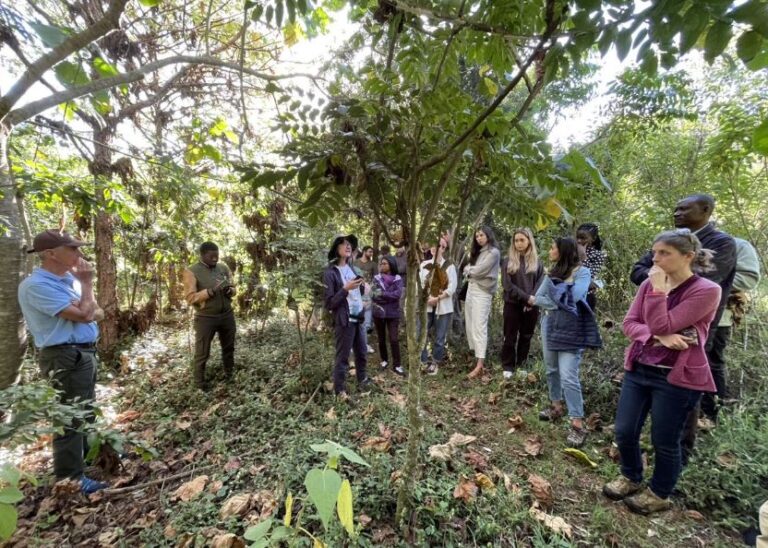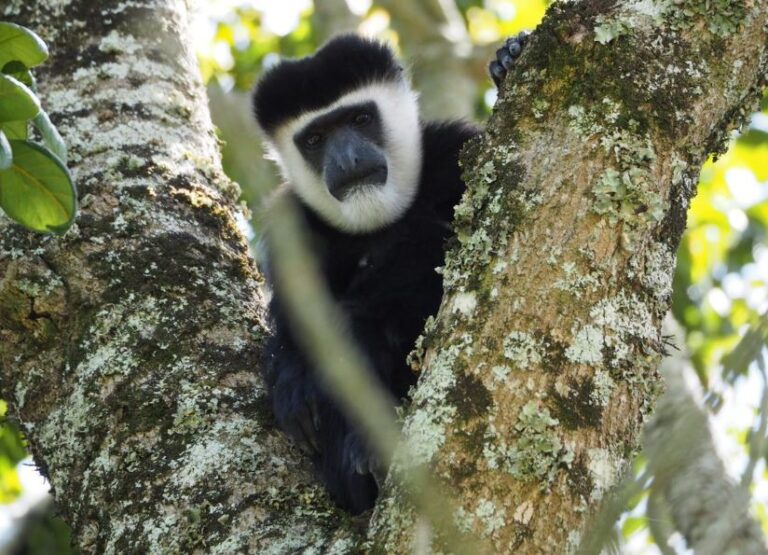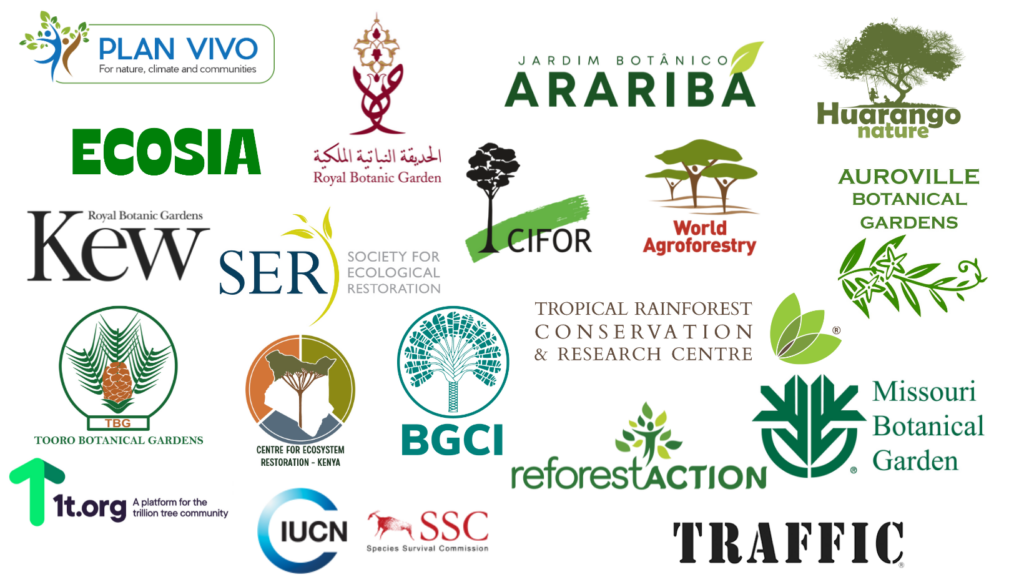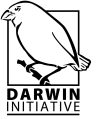An update on the Global Biodiversity Standard for May 2023 – the next step for The Global Biodiversity Standard.
An update on the GBS
The start of 2023 has been an exciting moment in the development of the Global Biodiversity Standard (GBS). Partners of the GBS convened for their first annual workshop in Kenya to review the methodology, generating ideas on how to improve the online application, remote sensing and field survey assessment. The workshop was a great success and generated considerable momentum that led to the draft methodology being published online in four languages (English, French, Portuguese and Spanish) in March 2023. The GBS method continued to be widely tested and has now been evaluated across 74 sites in 6 highly biodiverse countries. As we enter the second year of the Darwin Initiative Extra project, we embark on testing the updated methodology, drafting a manual for the standard and prepare to train our first cohort of GBS trainers. We also invite technical experts to review our methodology via our technical consultation.

Methodology Review Workshop
In January, the technical and hub partners of the Global Biodiversity Standard all convened in Limuru, Kenya for a five-day workshop to review the GBS methodology. Set in the beautiful grounds of Brackenhurst Botanic Garden, the workshop provided the first opportunity for the project partners to all meet in person.
The meeting started with a tour of the gardens, with visits to the seed bank, a highland forest restoration site and several agroforestry plots. The tour set the scene perfectly providing an insight into the type of projects that will benefit from GBS certification. Following the tour, Paul Smith from Botanic Gardens Conservation International (BGCI) officially opened the workshop with an update on progress made so far.
On the second day, the hub partners presented their experiences of testing the methodology and some recommendations on how to improve the field assessment process. The diversity of projects tested across six countries, spanning Brazil, India, Kenya, Madagascar, Peru, and Uganda was fantastic and highlighted both the breadth and appeal of the standard. The hub presentations were followed by introductions from the technical partners, who presented their expertise and how they support the development of the standard. George Gann from the Society for Ecological Restoration (SER) closed the day by aligning attendees’ concept of restoration typologies with global policy and frameworks.
Day three saw an in-depth review of the field survey form, covering assessment of protected area status, ecosystem integrity, stakeholder engagement and monitoring and evaluation plans. The eight criteria of the GBS were also critically reviewed and an analysis of how to weigh them in the scoring process was undertaken.
During day four, GBS partners reviewed the remote sensing and online application forms, making recommendations for how to facilitate assessment of projects applying for certification. During the afternoon of day 4, focus shifted onto how the standard can be rolled out, with hub needs, tiering systems and business planning discussed.
The workshop closed after five days with a review of the workshop and a discussion on next steps. The workshop proved a great success with an immense amount of enthusiasm for the project generated. New relationships between partners were formed and an exciting action plan for the upcoming year was made.

Draft Methodology Published
A draft version of the Global Biodiversity Standard methodology is now available online. Following the workshop in Kenya, partners worked to update the methodology. A scoring system for the standard has now been drafted, facilitating a quantitative and objective assessment of projects. The draft methodology published online includes:
- An online application form
- A remote sensing assessment
- A field survey assessment form
- A scoring system
- An exclusion list
- Terms and conditions of the standard.

Technical consultation of the Global Biodiversity Standard
Technical consultation of the Global Biodiversity Standard is now open. We invite technical experts in ecological restoration, biodiversity conservation, remote sensing, forestry and global policy and frameworks to provide feedback on the current iteration of the methodology. The consultation process helps us to guarantee:
- The standard promotes best practices in ecological restoration;
- The standard is rigorous and scientifically robust;
- The standard drives behavioural change amongst tree-planting organisations;
- The standard aligns with global policy and frameworks.
The consultation period is open for 30 days until 14th June 2023.
New Staff
Finally, we welcome David Bartholomew as the new GBS Project Manager. Please contact him with any questions and expressions of interest in the Standard.



